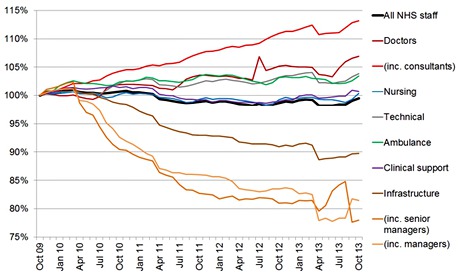Any chunk of text that includes ‘delighted’ or ‘excited’ in the first sentence looks like a dull press release. So how about this: I am chuffed to announce the commercial launch of the first service from Public Service Intelligence Limited, a joint-venture between myself and Boilerhouse Media, a marketing communications consultancy.
The service in question, Council News Monitor, is an email sent first thing each workday with news on local authorities in Scotland, Wales and Northern Ireland and every region of England in every edition. For the last few weeks, we have been sending it on a free trial basis.
But now, we are opening Council News Monitor to subscriptions, at just £2 a month (£24 a year… I understand it’s compulsory for all prices to have the word ‘just’ in front of them). There’s more information here, on our stylish new website with its extraordinarily short domain name. You can also follow @CouncilNewsUK for a selection of stories every day. Continue reading “To monitor news on councils, you need Council News Monitor”


